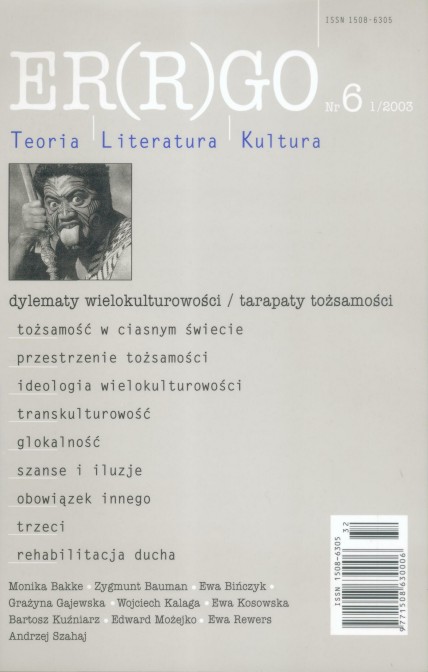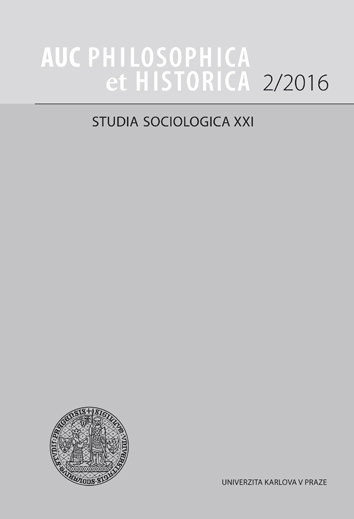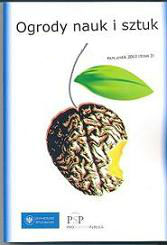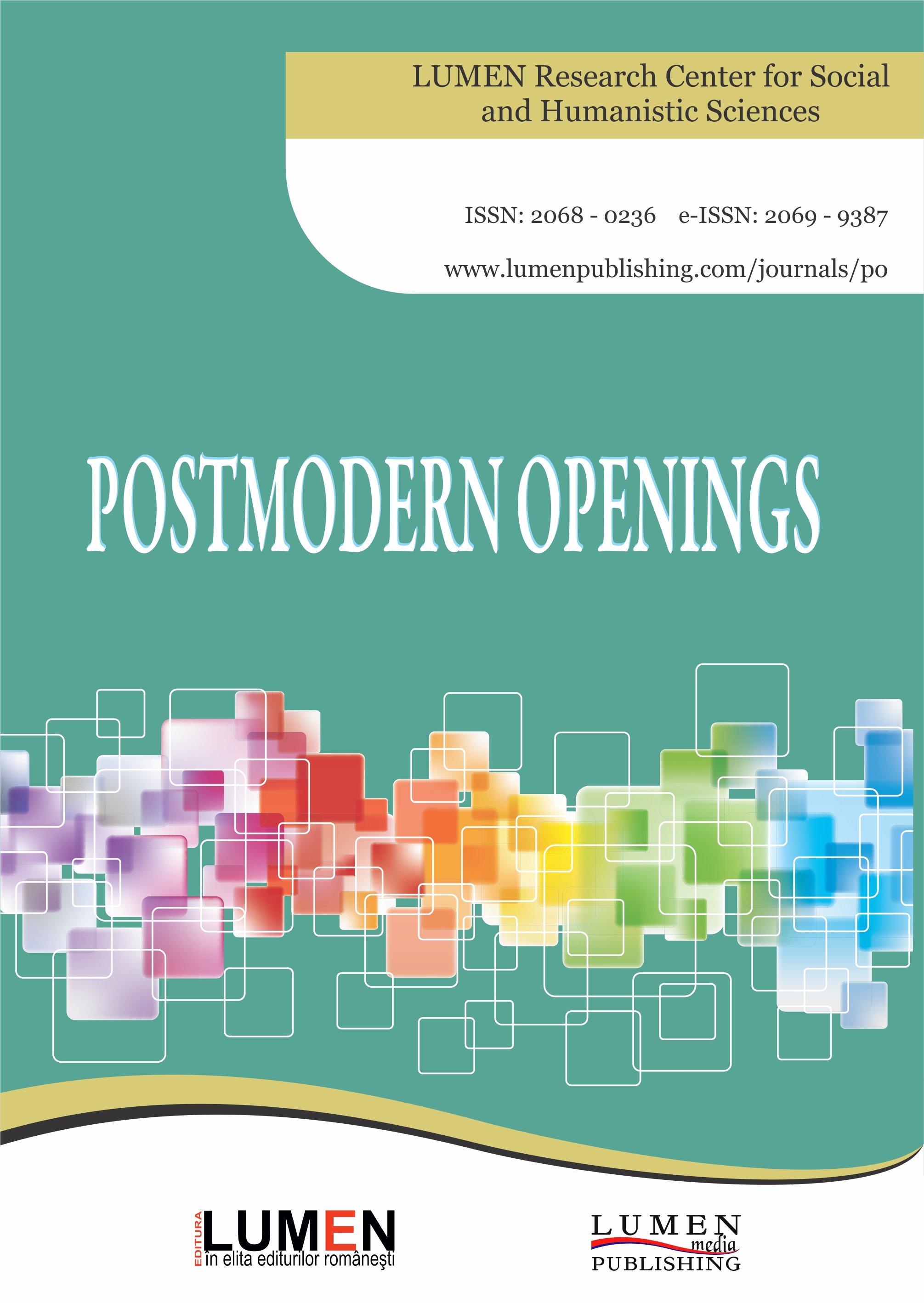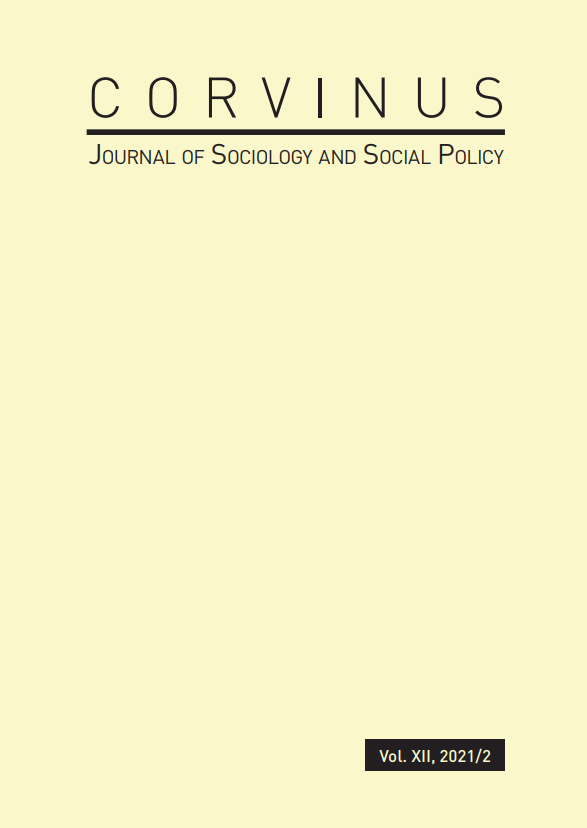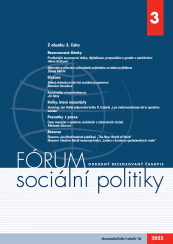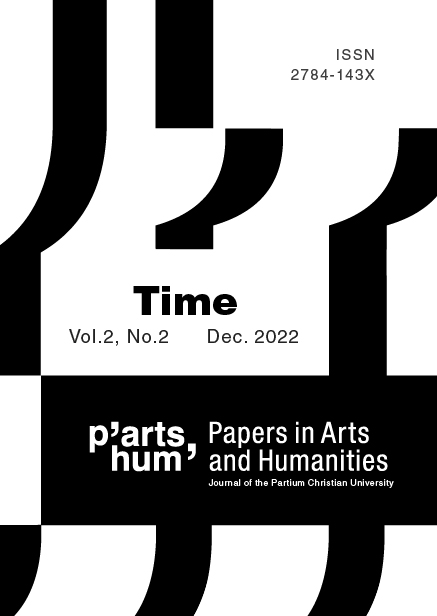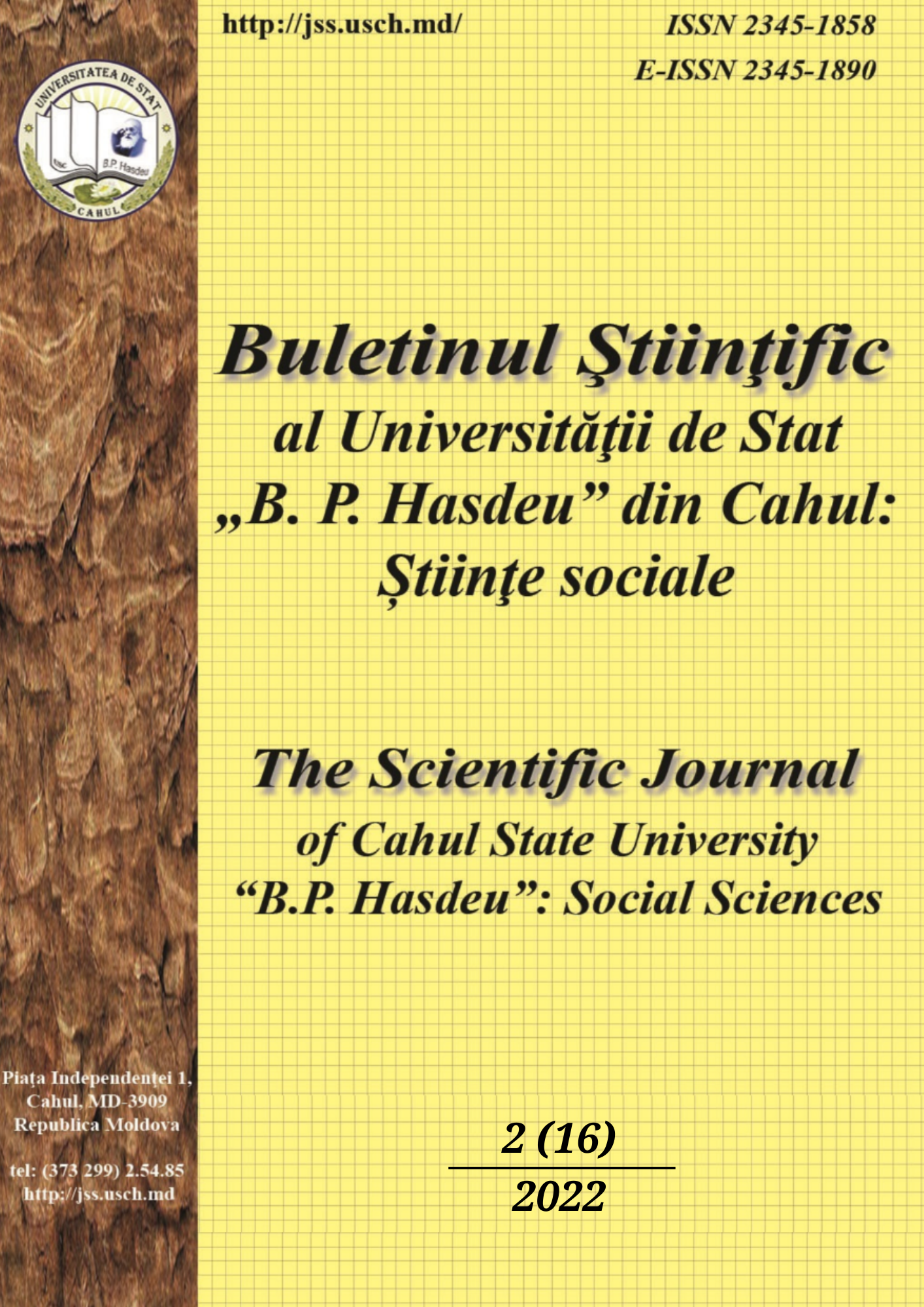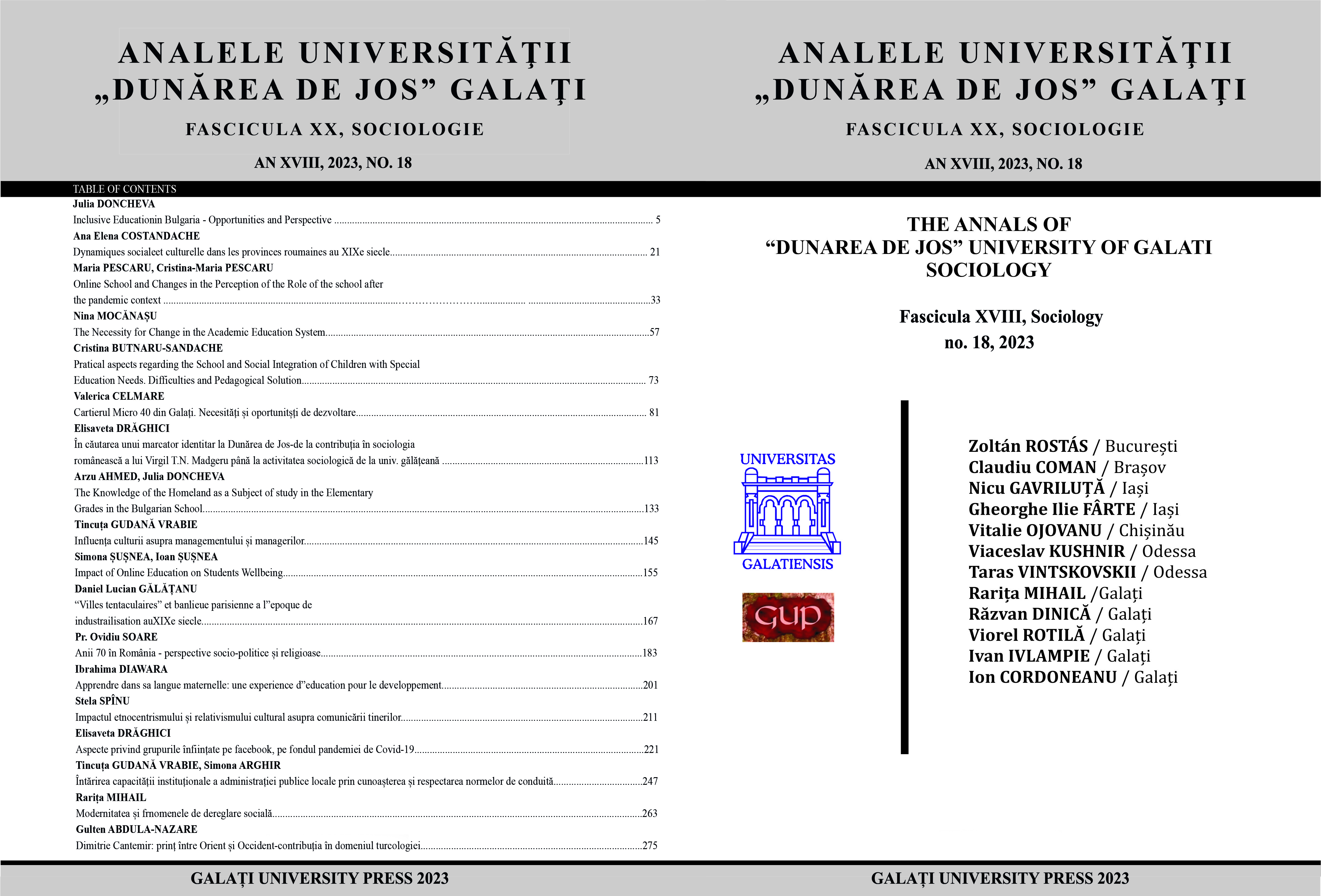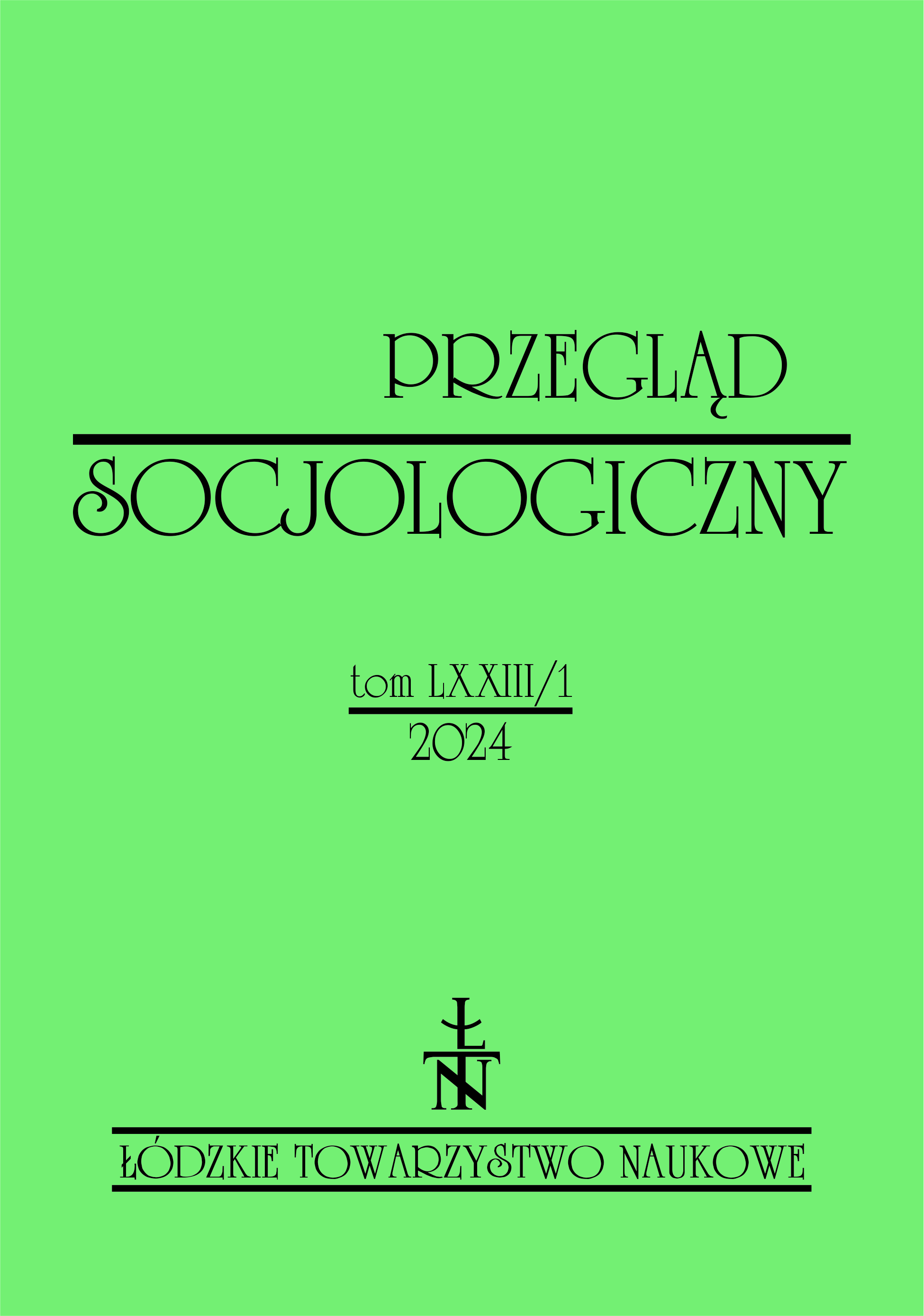Egy rejtőzködő klub jellemrajza, a valós és vélt kötődések szerepe a CFR 1907 Cluj magyarországi megítélésében
Author(s): Péter Csillag / Language(s): Hungarian
Issue: 02/2015
The football society in Hungary paid particular attention to the European presence of CFR 1907 Cluj from the club’s first Champions League-season in 2008. Basically three motives explained the popularity of the club of Cluj-Napoca: a Hungarian feature of the Romanian team, a lack of football success in Hungary and the appeal of the „capital” of Transylvania, deriving from the historical past. Regarding the first aspect, Árpád Pászkány, the Hungarian-born owner during the great European march, the date of 1907 – a time before the Treaty of Trianon – in the official name, the Hungarian members of the public in the stadium and the supporter group with the old club name (KVSC Galeri), all gave the impression of a Hungarian tinge. However, the question is more complex as the Trasylvanian businessman has never assumed the club’s Hungarian identity. Although, perhaps as a symbolic step, he signed Ádám Vass, a player from Hungary with an enormous tattoo of the Hungarian crest on his neck. All the more accepted the owner the idea of transylvanianism which represents some kind of European, enlightened, cultivated mentality as opposite to the line of Bucharest or the Romanian Old Kingdom. The Transylvania-sense overshadows the ethnical aspects and provides a conception to embrace for the CFR-supporters who identify themselves contrary to the Universitatea-fanbase. It is no coincidence that they showed a big banner during the Champions League game against Manchester United with the inscription: „Transylvania, this is where we live, this is where we belong.” The affection for the successful Romanian team was assisted in Hungary by the constant experience of failure in its own football, complete with the admiration of Árpád Pászkány, a club owner who personifies the Eastern European version of Roman Abramovich (and bears the nickname „Abramovich of Transylvania”). In addition, people in Hungary tend to cultivate a nostalgia towards Transylvania, and the city of Cluj-Napoca as the historical-spirited environment of CFR promoted this impression. The essay’s aim is to reflect on this bond’s real and presumed motives, the background of the CFR-cult in Hungary as well as the debates between Hungarians and Romanians or Cluj-Napoca and Budapest unfolding in the issue.
More...
